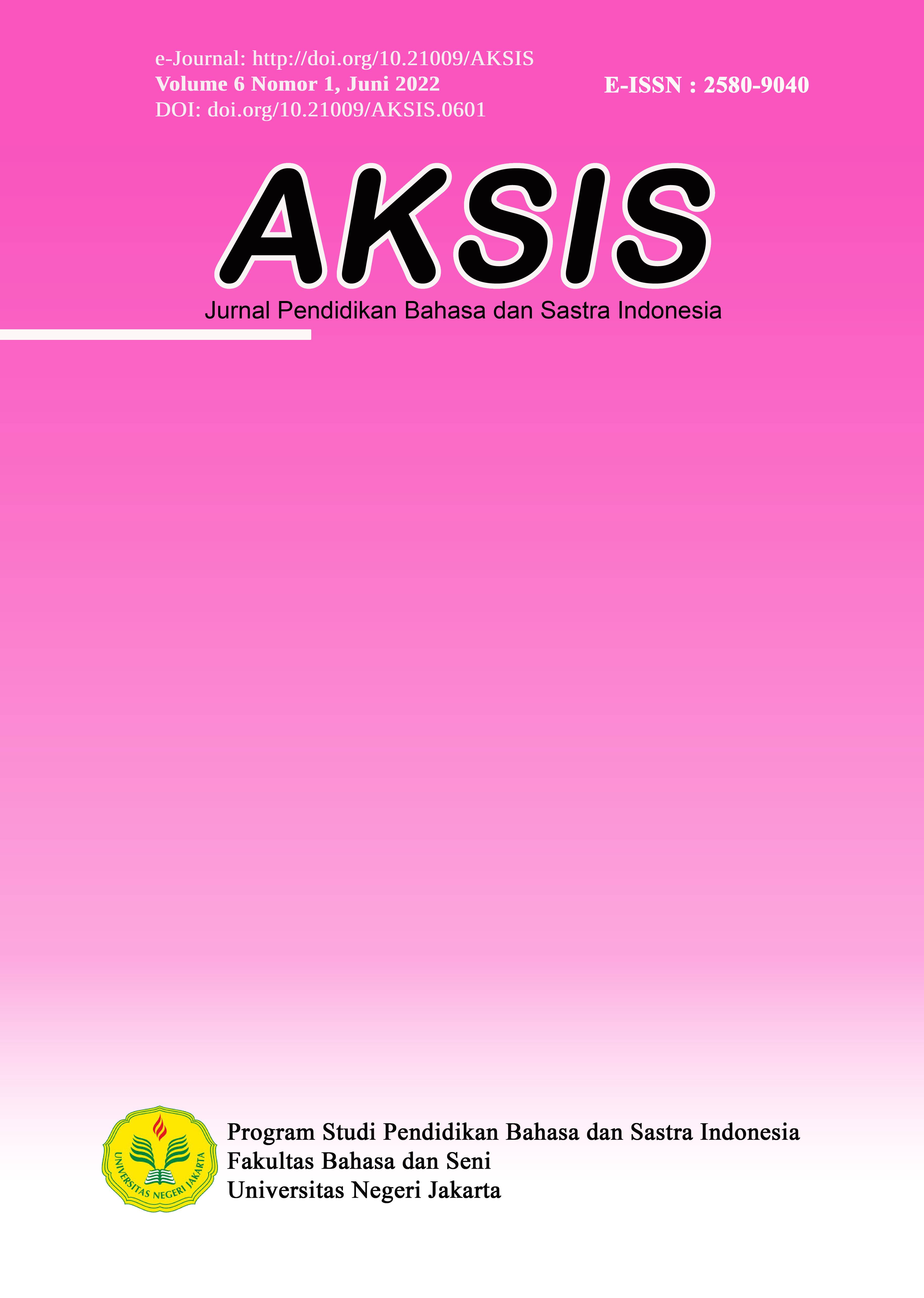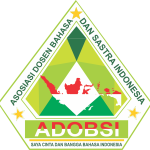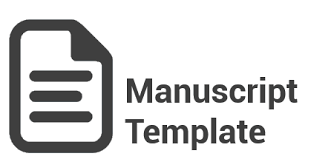Analysis of Moral Value in the Picture Story of the Fable Edition “Our Tax” by the Directorate Of Extension, Services, and Public Relations
Abstract
The purpose of this study is to describe the moral values contained in the fable book "Our Taxes". The type of research used is descriptive qualitative. The source of data in this study is the entire text contained in the fable book. In this study, the researcher used Sulistyorini's theory of moral values as the basis for the moral values to be studied. Based on the results of the analysis of moral values in the fable story book "Our Taxes" contains several moral values that deserve to be imitated. The first story with the title "The Bee King and a Spoon of Wisdom" contains obedience, courage, honesty, fairness, keeping promises, being careful in acting, acting, and harmony. The second story with the title “The Dog and the Rabbit” finds obedience, courage, honesty, fairness, wisdom, keeping promises, good character, careful in acting, likes to help, harmony, and likes to give advice. While the third story with the title "Ants and Crickets" was found to contain the values of hard work, discipline, responsibility, independence, cooperation, and help. Thus, the existence of moral values contained in the fable is very useful for readers, especially among children. In addition, the moral values contained in fable stories can also overcome the moral crisis, because children's literature can provide opportunities for children as readers for moral sources.
References
Arifin, M. Z. (2019). Nilai Moral Karya Sastra Sebagai Alternatif Pendidikan Karakter (Novel Amuk Wisanggeni Karya Suwito Sarjono). Jurnal Literasi. , 3(1), 30–40.
Auliya, F. dkk. (2020). Kecerdasan Moral Anak Usia Dini. PT. Nasya Expanding Management.
Dewantara, A. W. (2017). Filsafat Moral: Pergumulan Etis Keseharian Hidup Manusia. PT Kanisius.
Dirgantara, Y. A. (2012). Pelangi Bahasa, Sastra, dan Budaya Indonesia. Garudhawaca.
Hartoko, & Rahmanto. (1986). Pemandu di Dunia Sastra. Kanisius.
Hudi, I. (2017). Pengaruh Pengetahuan Moral Terhadap Perilaku Moral Pada Siswa Smp Negeri Kota Pekan Baru Berdasarkan Pendidikan Orangtua. Jurnal Moral Kemasyarakatan, 2(1), 30–44.
Krissandi, A. D. S. dkk. (2018). Sastra Anak: Media Pembelajaran Bahasa Anak. Bakul Buku Indonesia.
Nawawi, A. (2011). Pentingnya Pendidikan Nilai Moral Bagi Generasi Penerus. Insania, 16(2), 119–133.
Nurani, A. C. (2016). Membaca Cerita Fabel Sebagai Penanaman Karakter Jujur Pada Siswa SMP. Jurnal Bahasa, Seni, Dan Pengajaran, 1(1), 1–9.
Pradopo, R. D. (1995). Prinsip-Prinsip Kritik Sastra. Gadjah Mada University Press.
Puspitasari, N. A. dkk. (n.d.). Keterampilan Mendongeng. Pustaka Ranggon.
Qorib, M., & Zaini, M. (2020). Integrasi Etika Dan Moral: Spirit dan Kedudukannya dalam Pendidikan Islam. Bildung.
Sulistyorini, & Anggraeni, D. (2011). Aspek Biologis. Rineka Cipta.
Suyatno. (2012). Nilai, Norma, Moral, Etika dan Pandangan Hidup Perlu Dipahami oleh Setiap Warga Negara dalam Kehidupan Berbangsa dan Bernegara. Jurnal PKn Progresif, 7(1), 34–44.
Zulfa Fahmy, dkk. (2020). Fabel Penumbuh Sensitivitas Moral. Jurnal Pendidikan Bahasa Dan Sastra Indonesia, 5(2), 102–106.






